Pass Your Microsoft 70-693 Exam Easy!
Get 100% Real Exam Questions, Accurate & Verified Answers By IT Experts
Fast Updates & Instant Download!
Download Free 70-693 Exam Questions
| Exam | 70-693 - Pro: Windows Server 2008 R2, Virtualization Administrator |
| Size: | 1.29 MB |
| Posted Date: | Friday, January 6, 2012 |
| # of downloads: | 2 |
| Free Download: | |
| Download Free 70-693 Exam Questions |
Top Microsoft Certification Exams
- AZ-104
- AZ-305
- PL-300
- AZ-900
- DP-700
- MD-102
- MS-102
- AZ-500
- SC-200
- AZ-204
- SC-300
- AI-900
- DP-600
- AZ-700
- AI-102
- SC-100
- MS-900
- AZ-400
- AZ-140
- PL-200
- DP-203
- PL-400
- AZ-800
- SC-900
- PL-600
- MS-700
- SC-400
- AZ-801
- PL-900
- DP-300
- DP-900
- MB-800
- MB-820
- DP-100
- MB-310
- MB-330
- MS-721
- MB-500
- MB-230
- MB-700
- PL-500
- MB-910
- MB-920
- MB-240
- DP-420
- MB-335
- SC-401
- AZ-120
- MB-280
- MB-210
- MS-203
- MO-200
- 98-349
- MB-220
- MB-260
- 62-193
- 77-727
- 98-383
- MO-201
- AZ-303
Site Search:

Only Registered Members Can Download VCE Files or View Training Courses
Please fill out your email address below in order to Download VCE files or view Training Courses. Registration is Free and Easy - you simply need to provide an email address.
- Trusted By 1.2M IT Certification Candidates Every Month
- VCE Files Simulate Real Exam Environment
- Instant Download After Registration.
Log into your ExamCollection Account
Please Log In to download VCE file or view Training Course
Only registered Examcollection.com members can download vce files or view training courses.



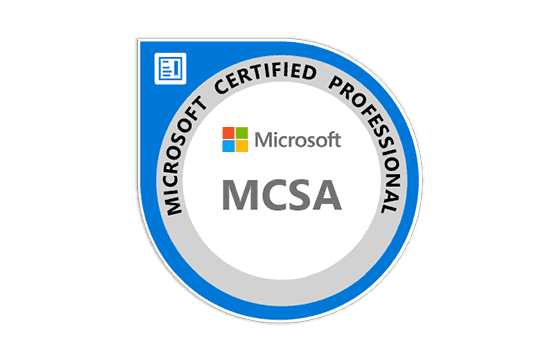
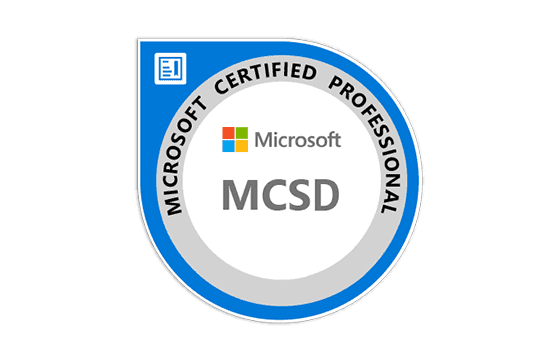

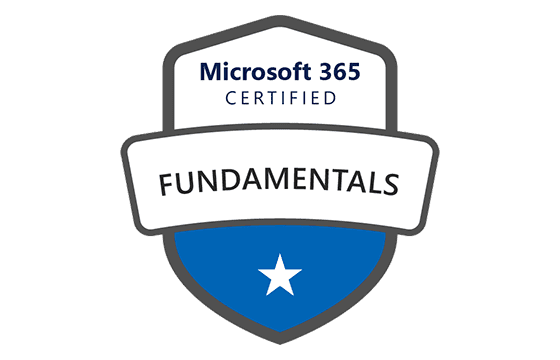


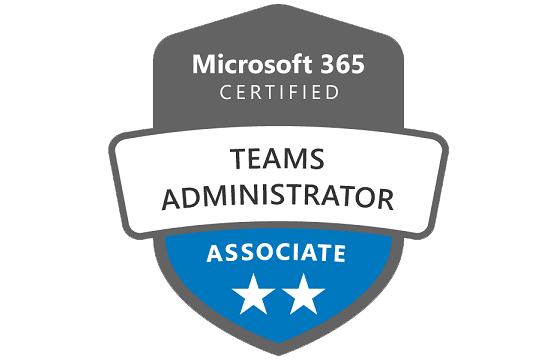
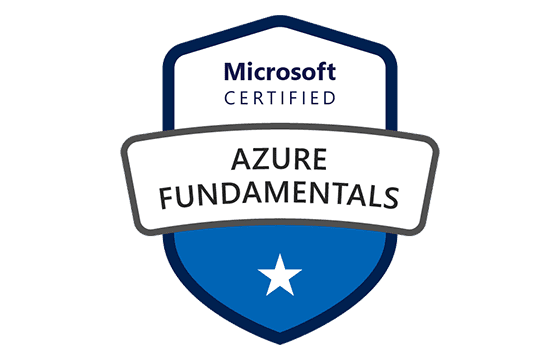

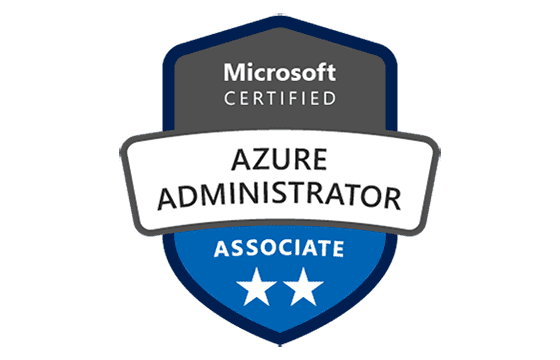
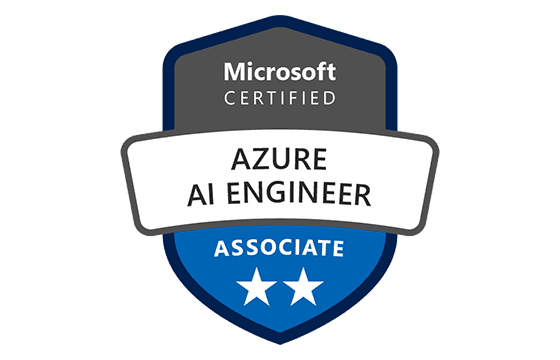
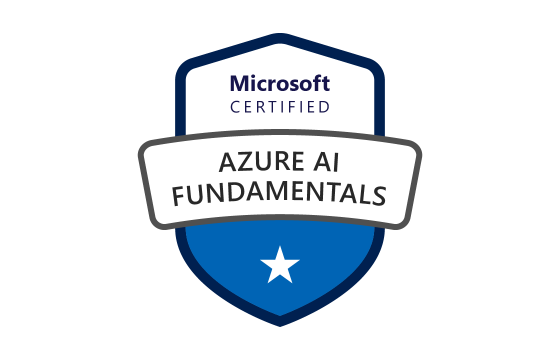
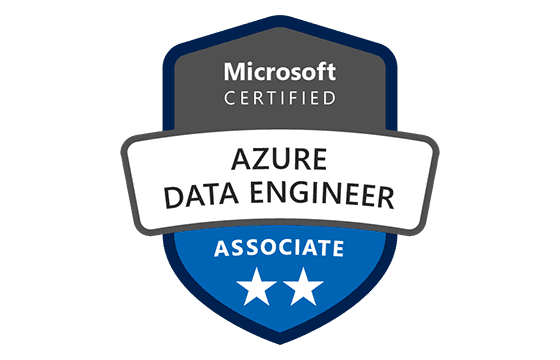


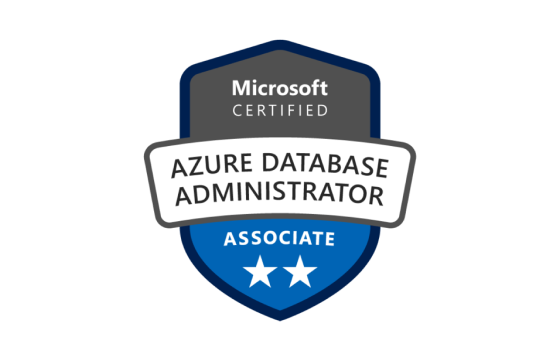
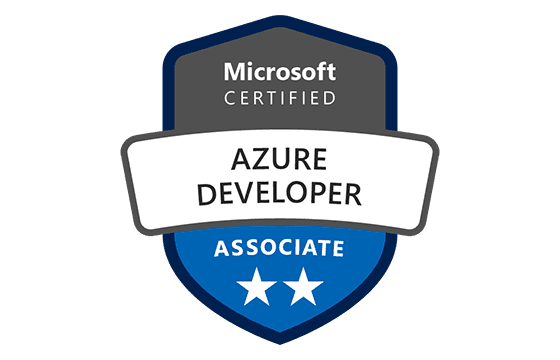
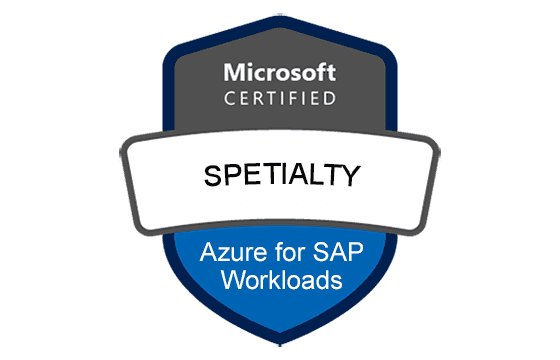
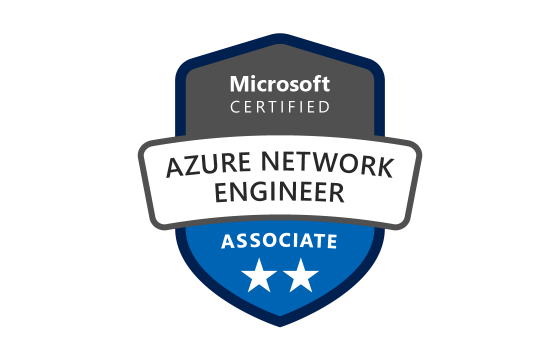
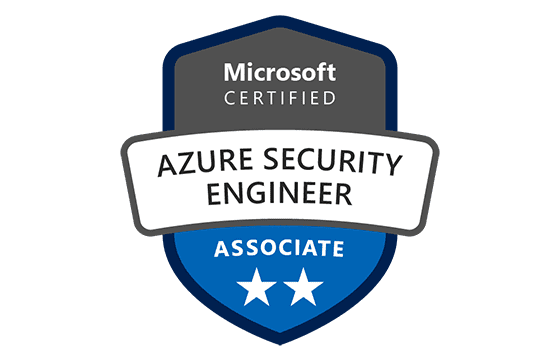
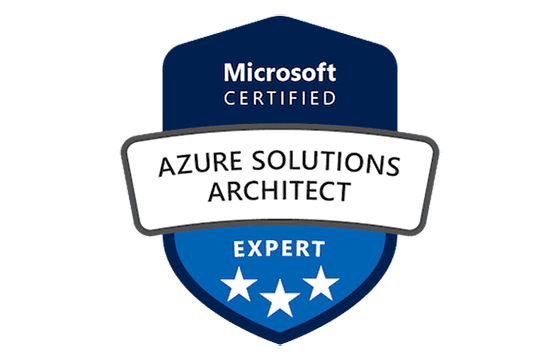
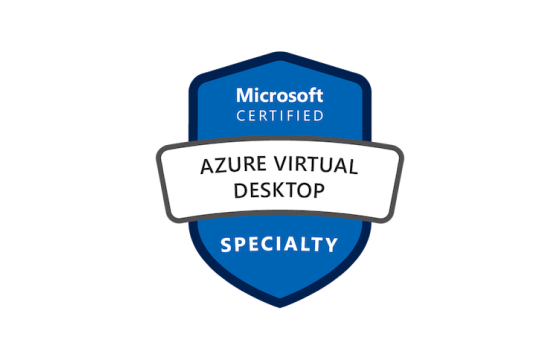

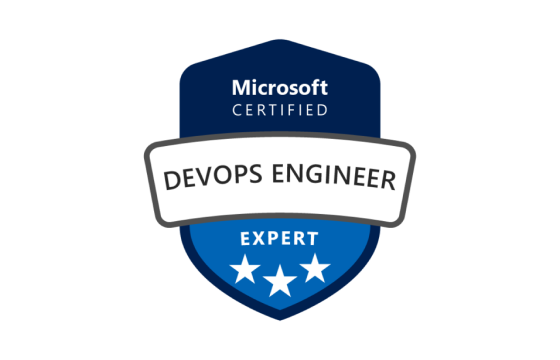
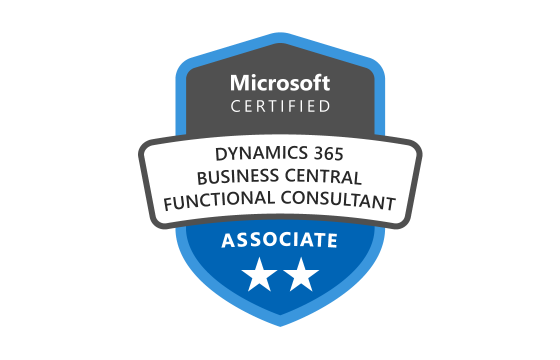

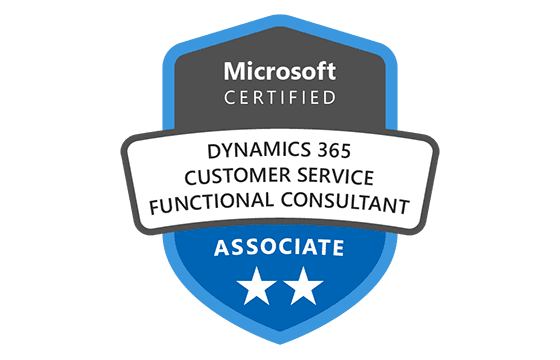
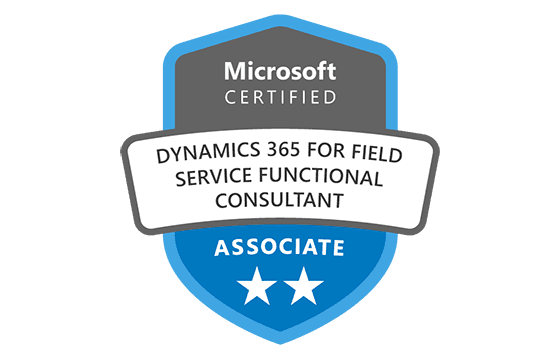
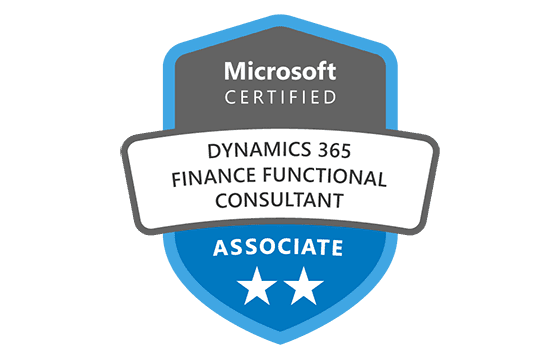
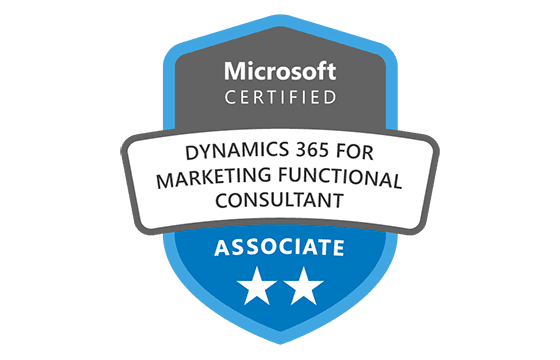
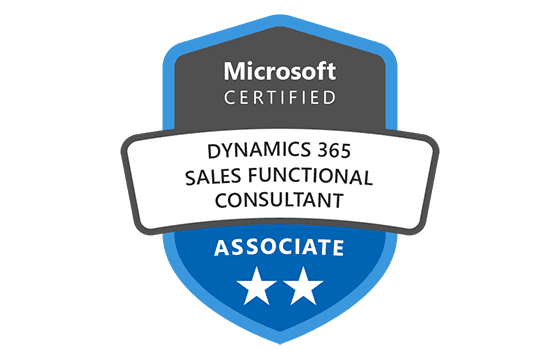
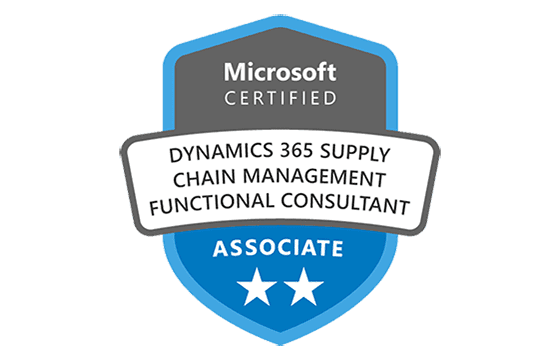
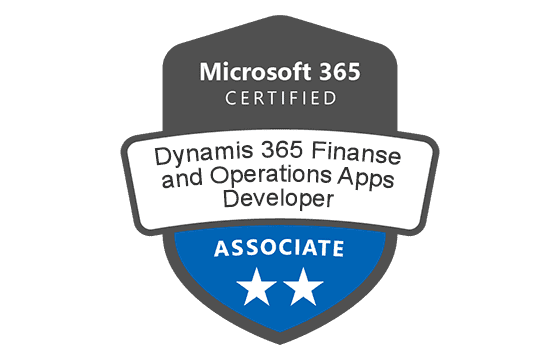

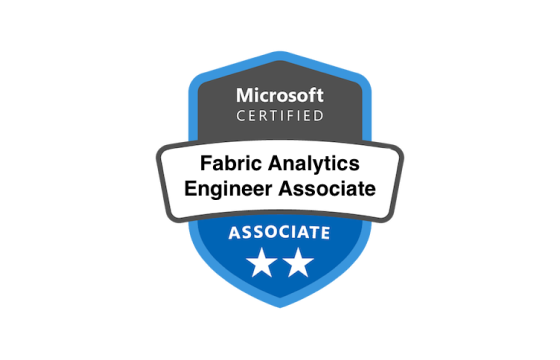

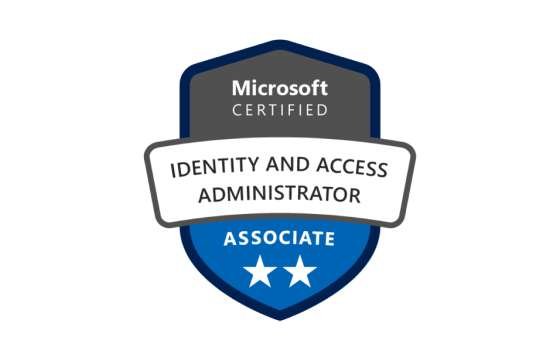
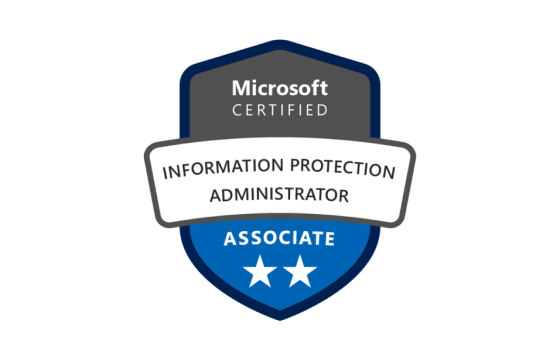



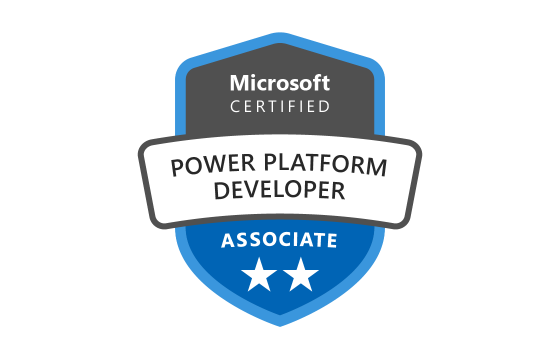
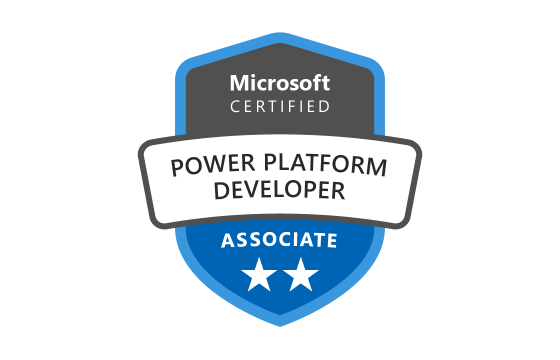
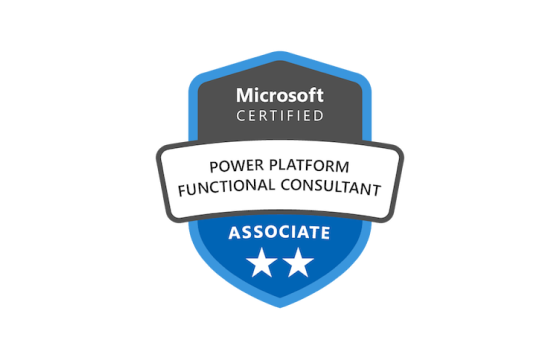
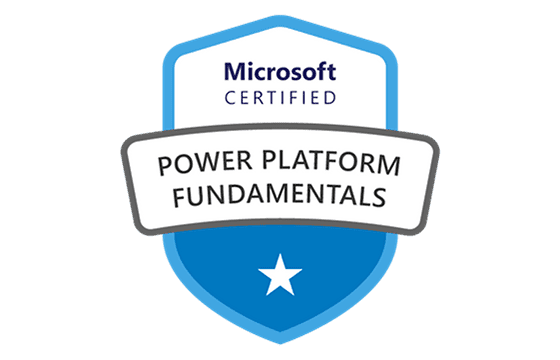
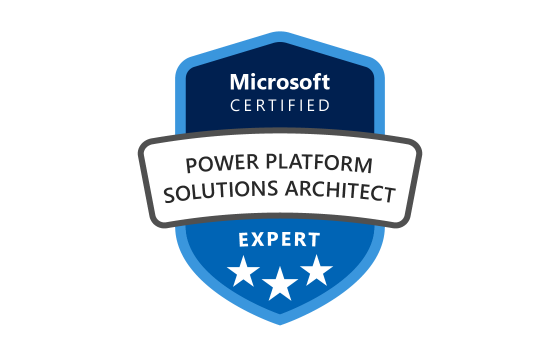
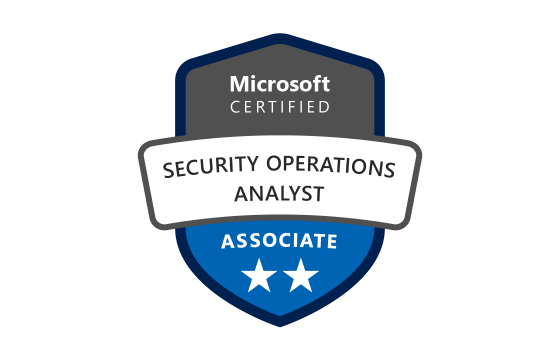
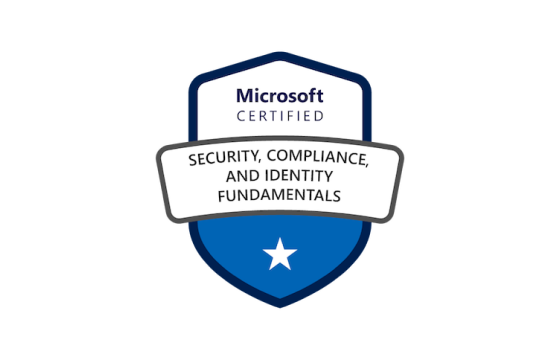

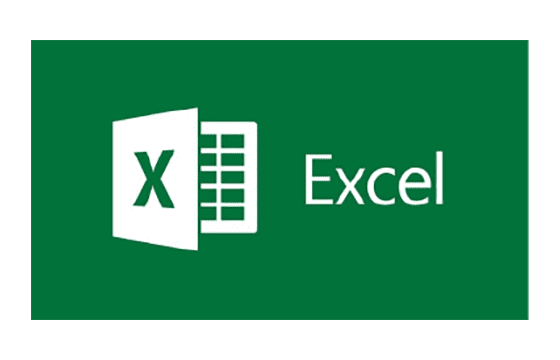







to pazdan and Dragon
exam D - question 3
You plan to deploy a fault-tolerant virtual infrastructure based on Hyper-V. The virtual infrastructure will include a two-node Hyper-V host cluster that will contain eight virtual machines (VMs). All of the VMs will run Windows Server 2008 R2 Standard. If one of the nodes fails, the VMs must continue to run on the other node.
You need to identify the minimum number and the type of licenses required for the planned deployment.
What should you identify?
answer B --> two Windows Server 2008 R2 Enterprise licenses and four Windows Server 2008 R2 Standard licenses
answer C --> four Windows Server 2008 R2 Enterprise licenses
googling i've found:
http://social.technet.microsoft.com/Forums/en-US/virtualmachinemanager/thread/803bff58-13af-49ae-8071-3ffec6fac4e1
A Windows Server license is assigned to the server hardware. In the case of OEM, this license cannot be separated from the server, where in the case of Volume Licensing, the server software license can be reassign, but not on a short-term basis (i.e., not within 90 days of the last assignment. See PUR for details). The license is not assigned to the individual VMs, however the license edition of Windows Server will dictate how many Virtual Machine (VM) can run on a given server.
in theory,I think, If you have a failure hardware, you could re-assign 4 standars licenses to other host, but you should wait for 90 day to reassing the Standars licenses again, and I suposse, it is noviable in a fault-tolerant scenario.
I think de rigth answer should be "C" (four W2008 R2 Enterprise license"), but I am not sure, because the "B" answer could be possible too.
help, please.
passed today with 925.
3 new q (not from this dump)
C6:
An administrator named Admin1 plans to deploy the planned VMs.
You need to identify which servers can be converted to VMs by using physical-to-virtual machine (P2V) conversion.
Which server or servers should you identify? (Choose all that apply.)
A. Humongous2
B. Humongous4
C. Humongous3
D. Humongous1
A table with 4 servers provided.
Humongous1 -- IA64 -- Windows Server 2003
Humongous2 -- Alpha -- Windows NT Server 4.0
Humongous3 -- x86 -- Unix
Humongous4 -- x64 -- Unix
http://technet.microsoft.com/en-us/library/cc764232.aspx
"VMM does not support P2V conversion for computers with Itanium architecture-based operating systems.
VMM does not support P2V on source computers running Windows NT Server 4.0. However, you can use the Microsoft Virtual Server 2005 Migration Toolkit (VSMT) or third-party solutions for converting computers running Windows NT Server 4.0."
However, it is not clear whether supports the RISC-processor Alpha?
to Dragooon
1) Exam D Question 3
As of the explanation and otherwise the correct answer should be B (not C)
I think the answer is C (because "If one of the nodes fails, the VMs must continue to run on the other node" - each node must have 8 license)
passed . valid 80-70% .new questions i got .
copied the question not full :
3 answers
drop it in right order
=
connect to vlan id10
access client on network
plan network support planned VM
plan deploy VM to server 1 .
a)create private
b)create internal
c)create external
d)connect VM virtual network
e)settings vm enable vlan indification
f)virtual network enable vlan indification
g)config virtual network share network adapter
=
it's DND with 2 Q corrected
i pass today with 883
still valid in egypt
Passed today with 816, 6-8 new questions and lots of questions with 12-16 possible answers. Thanks for the vce, it was a great help.
For anyone that has taken this exam, did they have questions that had 17 possible answers, or were all of them 4 possible answers?
Dump is valid, Passed today
hi all.
i passed this test yesterday with score of 833.no new questiions.secnarios: Blue & Fabrikam
this dump is valid.i answered all nearly perfect.but i dnt know why i got lower than 900+
hi all.
can anyone help me and tell me which answers beside the following ones were corrected in previous comments.
D3, D19, C14.??!?!?
99% valid dump, only one new question, 60 questions in total, 48 questions and 2 testlets 12 questions but testlets questions also from this dump, this dump is good and valid.
Valid in Serbia. Passed with 900. I`ll be posted questions later. Blue yonder and Fabrikam scenario.
Valid in BR, passed with 833!
Thanks for the input
Deviated a little on a few questions. Researched every one. Some are still confusing but managed to pass with 883. Would definitely recommend this!
Valid in NL, passed with 866!
Thanks for the input
Still Valid in UAE. Passed today with 850
thanks
I do think C18 is right in the dump!
Your link refers to a KB article that was written for VMM 2007.
Instead please check: http://technet.microsoft.com/en-us/library/cc793147.aspx
At the bottom it says:
From a Windows or Network File System (NFS) share
The Windows or NFS share should contain the files composing the VMware virtual machine, including at a minimum the .vmx and all .vmdk files. The account under which the VMM server is running, and the machine account of the destination host, must have read permissions to the files on this share.
To convert a VMware virtual machine that is defined in the vm.vmx file located on share \servernamesharedir, from the command line, run the New-V2V cmdlet and point the -VmxParameter to the URI path of the .vmx file.
For example, $vm = $c | new-v2v -vmhost $vmhost -path d: -vmxpath \servernamesharedirvm.vmx.
Erik, I may have to disagree a little. First of all, for the new-V2V, I think you are reading the instructions for doing it through the UI. For VMM to recognize any files through its interface, of course you will have to have the files in a VMM library share. However, since Powershell supports UNC paths in its coding, and perhaps with SUA, you are able to point directly to the vmx files that reside on the NFS? For that to work, you would have to free up the files by shutting down the VMware VMs.
As for the question about SAN migration, I agree that this is confusing. It certainly says in the Microsoft article that you only need to install VDS Hardware Provider on the VMM server. CSV is also obviously wrong. However, I have always heard that automount needs to be DISABLED for SAN migration to work. For example, check out this link to an ebook on Hyper-V.
http://books.google.com/books?id=mrd9V_5SB-QC&pg=PA33&lpg=PA33&dq=hyper-v+san+migration+automount&source=bl&ots=KCNj4CvilY&sig=ltyuEmiWTvVgAvk1nuJTQD9i5SY&hl=en&sa=X&ei=NwUeT_umLqihiQLZnKmADA&sqi=2&ved=0CD8Q6AEwAw#v=onepage&q=hyper-v%20san%20migration%20automount&f=false
I wish I could be more help but as usual, Microsoft has successfully confused me once again. Maybe it's a typo? I guess let's just hope these convoluted questions don't come up. I'm hoping for at least an 800 to pass with this. I've already taken the test once and failed and I'm going in for a second try soon. Let me know if you find anything else out!
Hello again,
I also think question C18 is incorrect:
Your network includes the following elements:
- VMware ESX 3.5 servers
- Windows Server 2008 R2 Hyper-V servers
- Microsoft System Center Virtual Machine Manager (VMM) 2008 R2 with the Subsystem for UNIX-based Applications feature installed
You run several ESX-hosted virtual machines (VMs) from an NFS share, and you run several Hyper-V VMs from a Windows file share. You need to migrate the ESX-hosted VMs to Hyper-V.
Which two actions should you perform? (Each correct answer presents part of the solution. Choose two.)
A: Run the New-V2V PowerShell cmdlet and point to the .vmx files.
B: Copy the .vmx and .vmdk files to the VMM library.
C: Shut down the VMs.
D: Copy the .vmx and .vmdk files from the NFS share to the Windows file share.
I'm almost sure it is A&B instead of A&C. Check: http://technet.microsoft.com/en-us/library/bb963721.aspx
"The process for running a V2V conversion from the UI is as follows:
1. Copy the .vmx file and each .vmdk file for the VMware virtual machine to the Virtual Machine Manager library.
2. Run the Convert Virtual Machine Wizard (or the New-V2V cmdlet)
Helllo,
Thanks for all the hard work. Will try passing this friday.
I think questions C14 is not correct, however i cannot seem to find te correct answer.
Your network includes Windows Server 2008 R2 Hyper-V servers.
You are configuring the servers in a failover cluster that will host highly available virtual machines (HAVMs). You plan to manage the servers in the cluster by using Microsoft System Center Virtual Machine Manager (VMM) 2008 R2.
You need to design a storage solution for the cluster that allows you to migrate virtual machines (VMs) into and out of the cluster by using SAN migration.
Which two actions should you include in your design? (Each correct answer presents part of the solution. Choose two.)
A: Install a Virtual Disk Service (VDS) hardware provider on each node in the cluster.
B: Enable the auto mount feature on each node in the cluster.
C: Place all VMs on a dedicated logical unit number (LUN).
D: Place all VMs on a single Cluster Shared Volume (CSV).
Answer given is A & C.
C is definitely correct but bit both A & D are ruled out by:
http://technet.microsoft.com/en-us/library/cc764269.aspx
"Install a Virtual Disk Service (VDS) hardware provider on the VMM server only. You do not need to install the provider on any host or library server computers" and
"To migrate a virtual machine out of a cluster, the virtual machine must be on a dedicated LUN that is not using a clustered shared volume (CSV)"
Answer remaining is B, but I cannot find anything on an auto-mount feature.
I'm confused. anybody got some ideas?
Thanks!
About q35:
I am sure that we will need only two packages not three as App2 will only run on the Internal Windows 7 64-bit workstations and the 2008 R2 RDS server for the external clients.
Even with App-V, I do not think you can run a 64-bit App2 on a 32-bit XP and Vista :)
Two corrections for this dump:
1) Exam D Question 3
As of the explanation and otherwise the correct answer should be B (not C)
2) Exam D Question 19
Mandatory profiles should be user for such purposes (VDPs can be mixed with roaming profile, so nothing is discarded)
http://www.dabcc.com/article.aspx?id=9967
Hi Everybody!
So DND.126q is Vector.126q with some corrected answers??
Took the exam and got a 816. No Fabrikan on my exam just Yonder and Humonguos for my testlet.
Does anyone have the FABRIKAM text case ?
I find in the VCE the Blue yonder, Contoso and Humonguos insurance.but not FABRIKAM. I'm sure several people this month received FABRIKAM
Passed today with 866
Dump valid
passed today with 883 by using answers from dump (except 1 licensing question which has wrong answer but good description, I guess done intentionaly ;)
1 new easy licensing question: (same type like the one mentioned above) 2 hosts in cluster hosting 8 children question: how many licenses needed?, answer: 2 enterprise (for hosts and 4 guests) + 4 standard (for spare 4 guests)
Big props for Vector and others!!!!!!
Round-robin works only when server is unreachable (eg. failover), this has nothing to do with a question which is about prevention, btw: as for a simplicity C is much quicker solution to apply than B. I'm taking the 2nd try on wednesday, I feel much more confident thanks to prevoius comments :)
I disagree with the answer for the question:
Your company uses Windows Server 2008 R2 Hyper-V servers to provide a Microsoft Virtual Desktop Infrastructure (VDI) environment. Maintenance tasks result in reduced capacity on several servers. You need to prevent servers from experiencing performance problems during maintenance.
What should you do?
A.Set the user logon mode on every server to Enabled.
B.Create additional DNS A records for the servers, and use DNS
round-robin.
C.In Remote Desktop Connection Broker, assign a lower weight to the
servers that will undergo maintenance.
D.In Remote Desktop Connection Broker, assign a higher weight to the
servers that will undergo maintenance.
You have the answer as C. I think the answer is B.
Reasoning:
read guidance http://technet.microsoft.com/en-us/library/dd834806.aspx
and
http://technet.microsoft.com/en-us/library/cc772506.aspx
Besides the explicit guidance, C and D don't make sense to me. All machines go into maintenance as some time or another. What about backups? Why would you add a task that has to be performed twice every time there is a maintenance task, once to change the server weight, and another to change it back. You need something more permanent in place in the event one of the servers is unavailable for any reason.
Add Comments